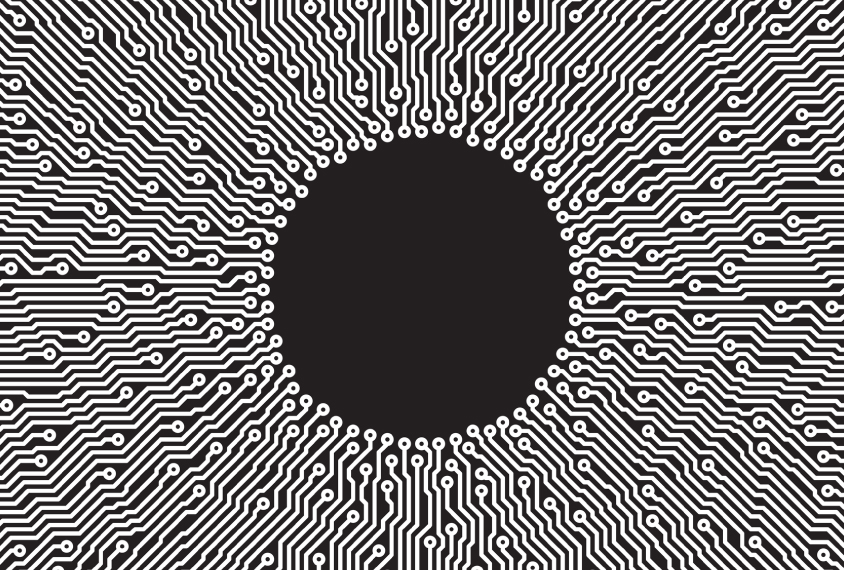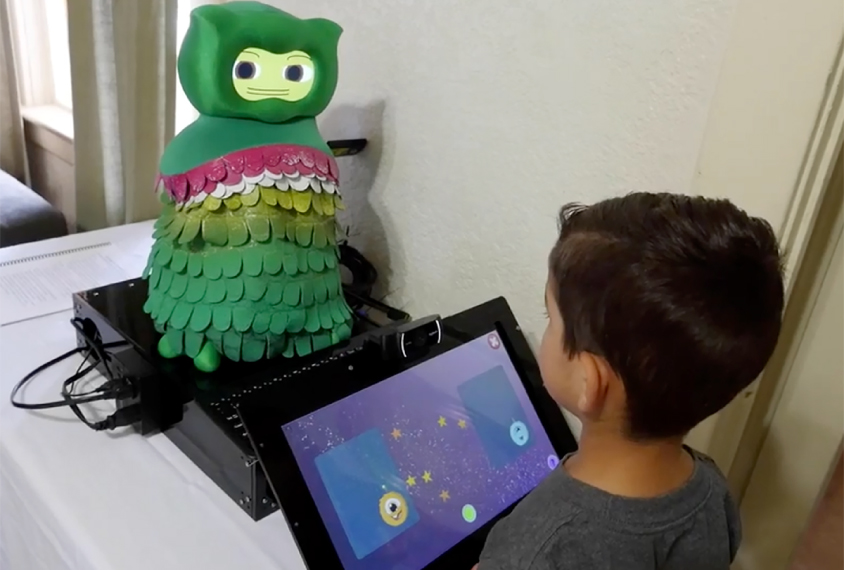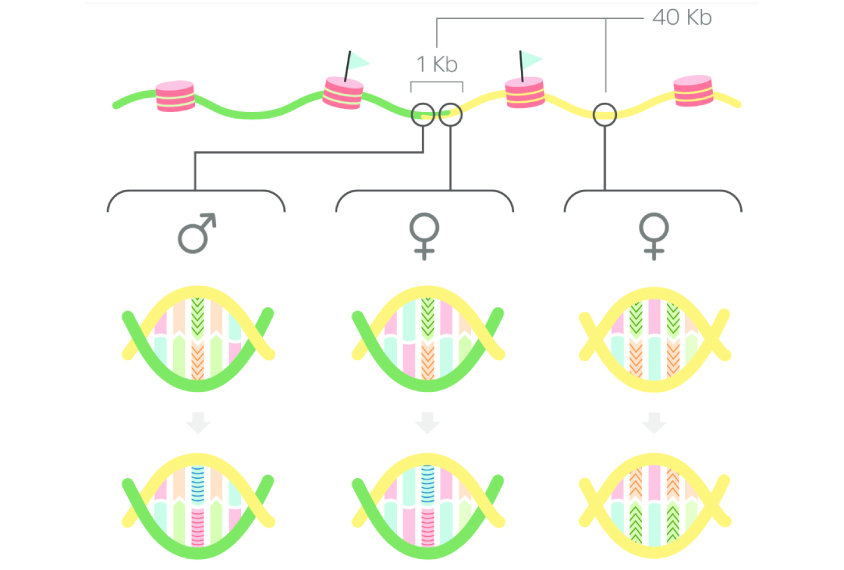Parental age
Recent articles
New estimate suggests most autistic adults in England lack a formal diagnosis
The finding underscores a need for adult autism diagnostic services.

New estimate suggests most autistic adults in England lack a formal diagnosis
The finding underscores a need for adult autism diagnostic services.
Mutations linked to autism may be detectable in men’s sperm
An advanced DNA-sequencing technique has identified gene-damaging mutations, some with ties to autism, in about 1 in 15 men.

Mutations linked to autism may be detectable in men’s sperm
An advanced DNA-sequencing technique has identified gene-damaging mutations, some with ties to autism, in about 1 in 15 men.
Parental age plays small role in large mutations tied to autism
Most of the large, spontaneous genetic mutations tied to autism are passed down from fathers. But, unlike with smaller mutations, a parent's age is unlikely to up the rate at which they occur.

Parental age plays small role in large mutations tied to autism
Most of the large, spontaneous genetic mutations tied to autism are passed down from fathers. But, unlike with smaller mutations, a parent's age is unlikely to up the rate at which they occur.
How autism researchers are applying machine-learning techniques
Researchers are using machine learning to improve diagnostic predictions of autism, create interactive support robots, and more.

How autism researchers are applying machine-learning techniques
Researchers are using machine learning to improve diagnostic predictions of autism, create interactive support robots, and more.
The link between parental age and autism, explained
Older men and women are more likely than young ones to have a child with autism, but this connection is not straightforward.

The link between parental age and autism, explained
Older men and women are more likely than young ones to have a child with autism, but this connection is not straightforward.
Mutations in sperm may accrue too slowly to increase autism risk
A new analysis challenges the idea that mutations in the sperm of older fathers lead to higher rates of autism among their children.

Mutations in sperm may accrue too slowly to increase autism risk
A new analysis challenges the idea that mutations in the sperm of older fathers lead to higher rates of autism among their children.
New maps plot hot spots of diversity across human genome
A pair of maps that depict variation in the human genome may help reveal the genetic roots of autism.

New maps plot hot spots of diversity across human genome
A pair of maps that depict variation in the human genome may help reveal the genetic roots of autism.
Ultrasound exposure; maternal age; ‘special’ interests and more
Autism is not associated with ultrasound frequency or duration, maternal age and education affect autism odds, and people on the spectrum benefit from their ‘special interests.’
Ultrasound exposure; maternal age; ‘special’ interests and more
Autism is not associated with ultrasound frequency or duration, maternal age and education affect autism odds, and people on the spectrum benefit from their ‘special interests.’
Genetics do-over; iffy influences; high-tech education and more
A re-analysis of data yields an increased estimate for the genetic contribution to autism, how the environment might contribute to autism is hard to pin down, and students on the spectrum describe the benefits of using technology at school.
Genetics do-over; iffy influences; high-tech education and more
A re-analysis of data yields an increased estimate for the genetic contribution to autism, how the environment might contribute to autism is hard to pin down, and students on the spectrum describe the benefits of using technology at school.
Parental age ups rate of new mutations passed to children
Men and women both transmit an increasing number of new mutations to their children as they age.

Parental age ups rate of new mutations passed to children
Men and women both transmit an increasing number of new mutations to their children as they age.
Explore more from The Transmitter
Neuro’s ark: Spying on the secret sensory world of ticks
Carola Städele, a self-proclaimed “tick magnet,” studies the arachnids’ sensory neurobiology—in other words, how these tiny parasites zero in on their next meal.

Neuro’s ark: Spying on the secret sensory world of ticks
Carola Städele, a self-proclaimed “tick magnet,” studies the arachnids’ sensory neurobiology—in other words, how these tiny parasites zero in on their next meal.
Autism in old age, and more
Here is a roundup of autism-related news and research spotted around the web for the week of 2 March.

Autism in old age, and more
Here is a roundup of autism-related news and research spotted around the web for the week of 2 March.
Lack of reviewers threatens robustness of neuroscience literature
Simple math suggests that small groups of scientists can significantly bias peer review.

Lack of reviewers threatens robustness of neuroscience literature
Simple math suggests that small groups of scientists can significantly bias peer review.